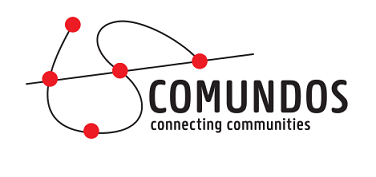Urban mobility
Urban mobility is a discussion involving various social spheres: while there are more cars and motorcycles in the streets, mobility becomes increasingly difficult. Mobility is the great challenge of contemporary cities in all parts of the world. The choice of the car, which seemed the most efficient response of the 20th century to the need for movement, has led to traffic paralysis, a waste of time and fuel, which by the way had the biggest increase in history due to the devaluation of the Petrobras shares as result of corruption scandals, in addition to the environmental problems of air pollution and use of public space. In Brazil, the cars and motorcycles fleet grew by 400% over the past decade.
I live in Feira de Santana, the major North- North East road junction. All neighborhoods are relatively close to the city center, which does not justify the chaotic traffic that the city faces. To be able to get to work on time, I need to leave home very early. I also have to learn to deal with the recklessness of most drivers, dribble the motorcycles that seem to appear out of nowhere and pay attention to buses, which do not always respect their lanes. A bicycle would be an option that would benefit health and the environment and would optimize time, but my city does not have bicycle lanes, and bicycle theft is very common.
In my city, the sky is getting gray even on sunny days, you can see the soot in the clothes at the end of the day. I do not want to leave this scenario for my children. But for people to become aware and leave their cars at home, it is necessary to invest in transport and public roads. It involves the implementation of systems using railways, clean buses and integrating bicycle lanes. Urban mobility also requires comfortable, leveled sidewalks, without holes and obstacles, because pedestrians and wheelchair users are the biggest victims of this critical situation. Only then will we be able to reduce the roar of engines, and will the streets no longer be passageways, but meeting places again.
A gift for Comundos
Over the years, Comundos has helped remote communities around the world by teaching critical thinking, media literacy and the use of communication technology.
To do this effectively, we need your support for computers, translations, courses and social media management.
Thank you .
BE11 1030 2973 8248




